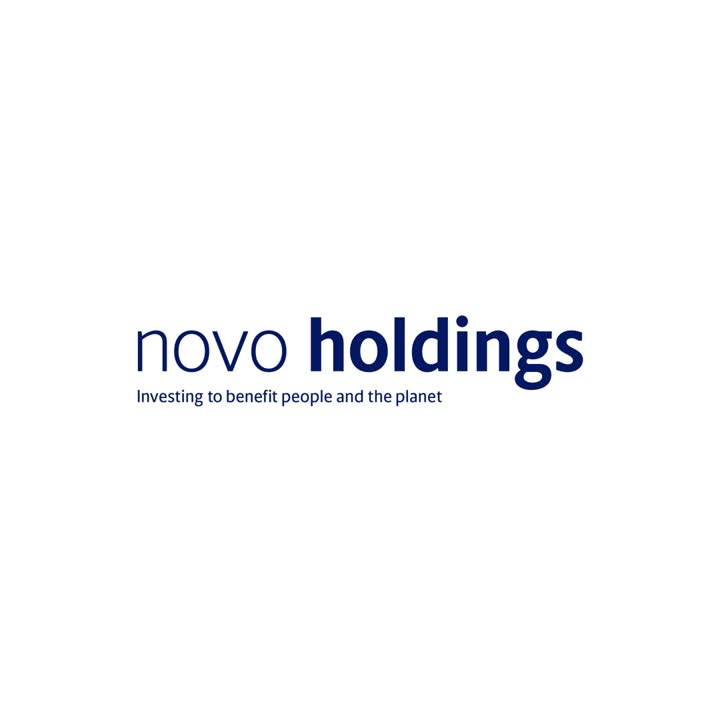ARAG Group (ARAG), a market leader specialising in the production of components and solutions for spraying and weeding and for precision agriculture, and Capvis Equity V LP, a private equity fund managed by the Swiss investment company Capvis AG (Capvis), have signed the agreement aimed at continuing the development path that has made ARAG a reference in its sector of activity.
The agreement provides for the acquisition by a vehicle owned by Capvis of a majority stake in the capital of ARAG.
An Interview With Matteo Colombari, Giovannelli e Associati
What are common aspects you advise on as legal adviser in such deals?
Our firm may advise entrepreneurs and industrial groups in a selling process or private equity firms as acquirers of a target. In this deal, we have advised a group of shareholders who founded the Group in the ’70. According to our experience, to achieve the goal “to make a deal happen” a high level of sophistication in finance engineering and strategic solutions must match the industrial knowledge. They are two different “worlds” that meet and it has never to end up with a compromise. Specifically, in addition to the common key terms of the sale, we have advised on the governance, the most efficient legal structure,re-investment by the sellers and the exit mechanisms.
What issues are likely to arise in transactions like this and how do you avoid them?
Generally, each of the parties attributes more importance to matters on the basis of its own understanding and background. In our case where the founding shareholders have decided to reinvest part of their proceeds with a minority stake, a specific focus was given to the governance and qualified majorities for strategic decisions both at shareholders and board level. Based on our experience, an issue which may arise from a sale transaction could be post-closing adjustments to the purchase price. A wise approach we suggest is a so-called locked-box mechanism, instead of a “closing accounts” one, where the Target’s accounts are estimated from a given date until closing and therefore there are no adjustments to the purchase price that may create liabilities and claims between seller and buyer after closing.
When is acquiring majority stake a wise move?
Many times private equity houses require that sellers in addition to their availability to keep managing the Target also commit themselves by reinvesting as minority shareholders. This double commitment is most of the time key to the success of the investment. From one side investors need a majority stake to control their investment and at the same time sellers/managers are needed on board for the future growth of the activities and the deployment of the business plan.




















